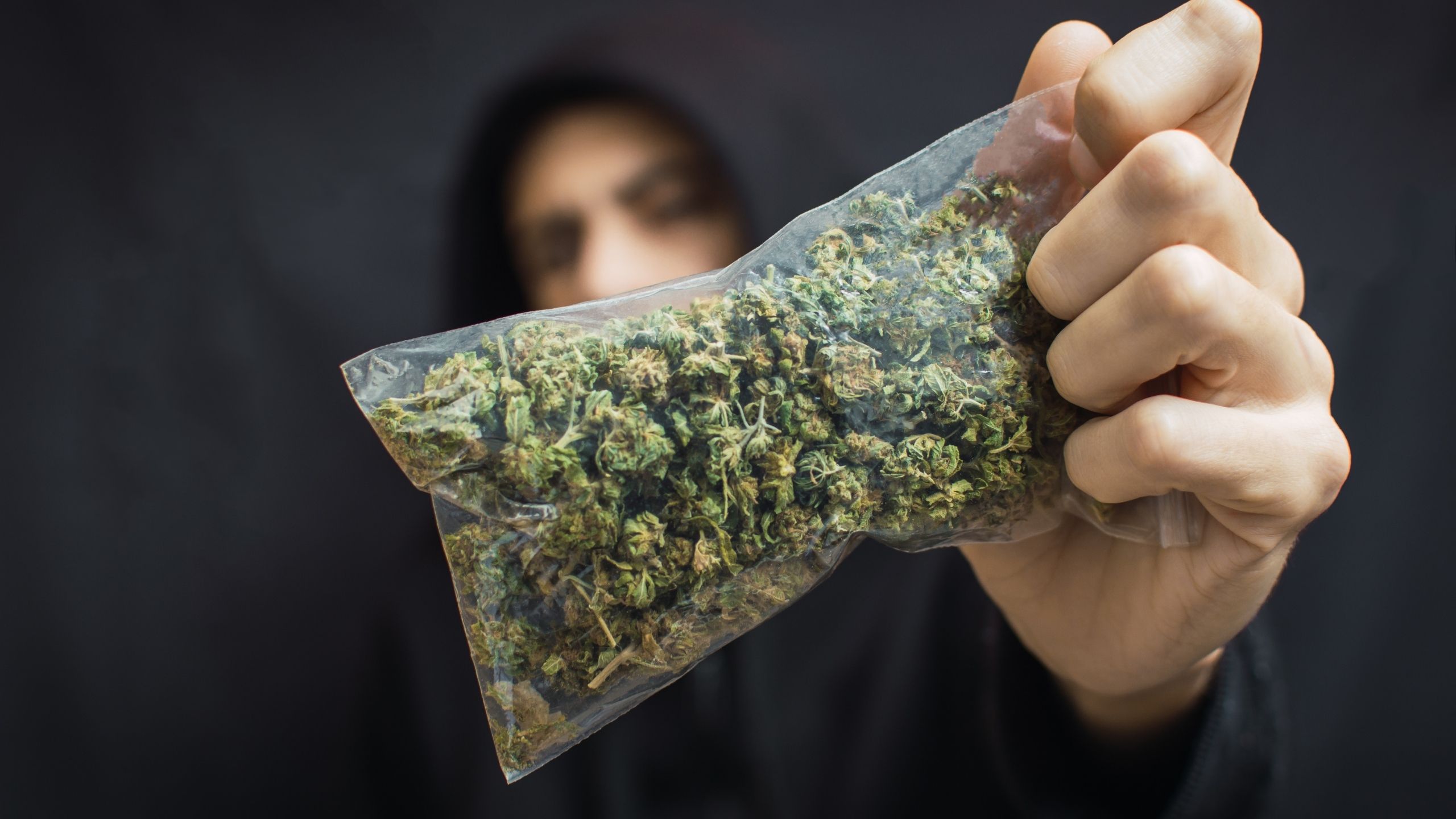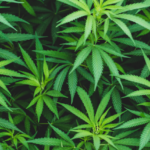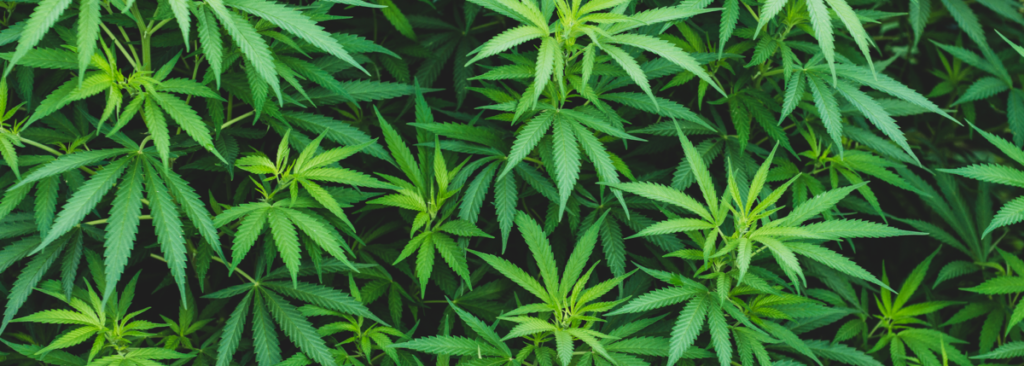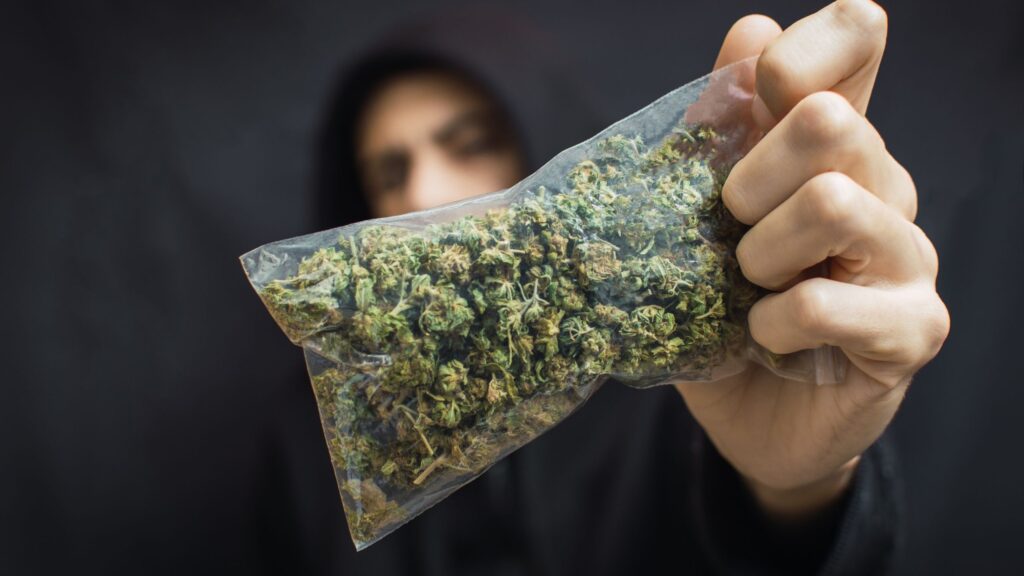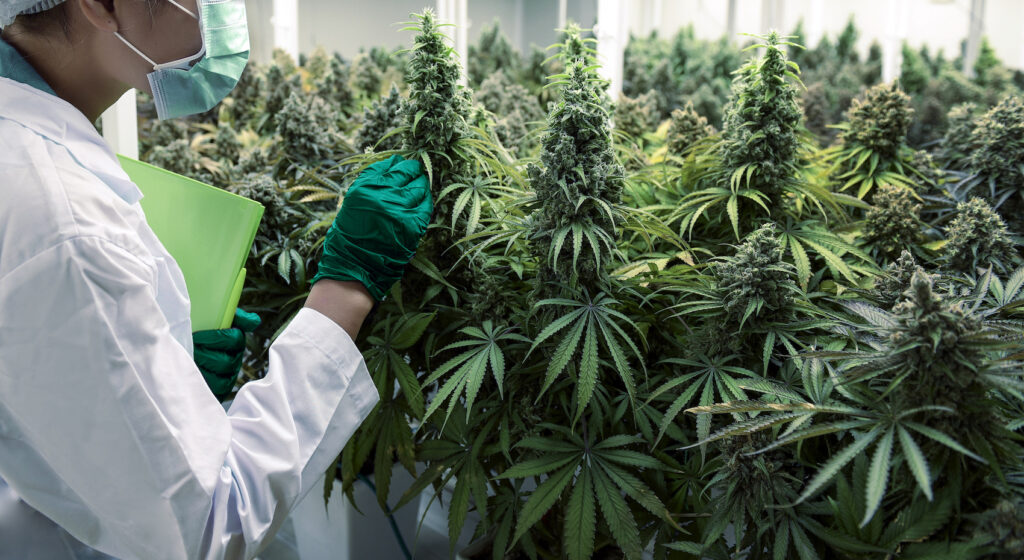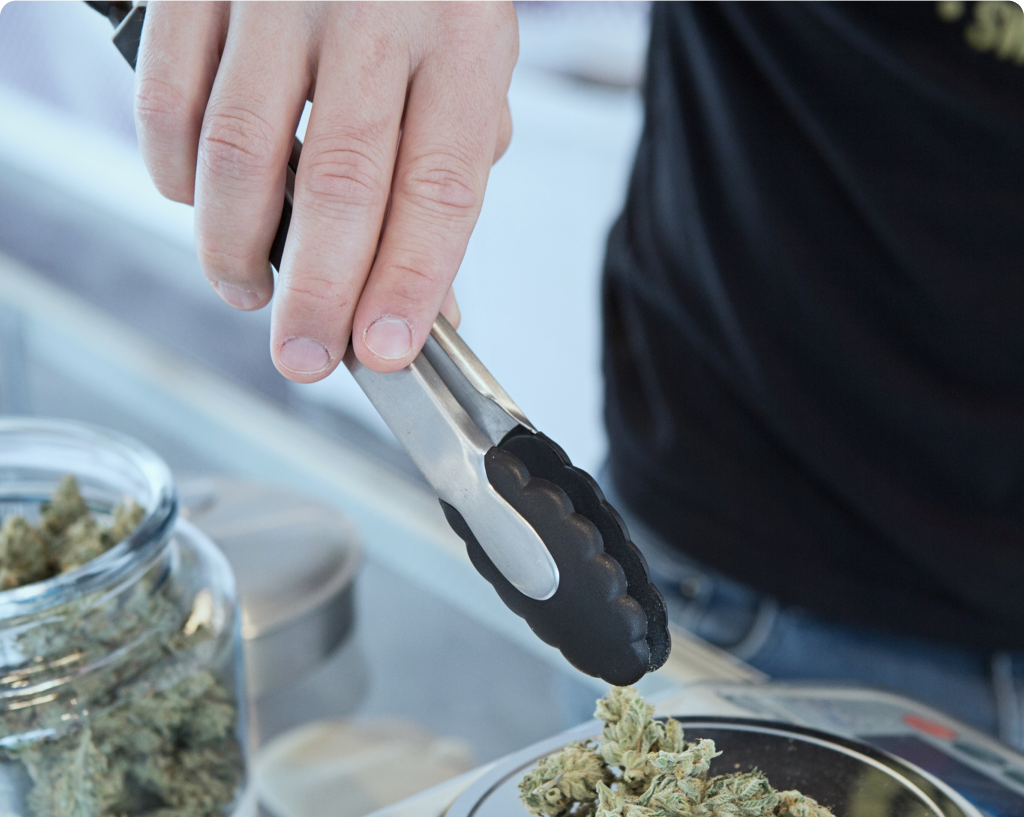The impact of cannabis legalization on the black market for cannabis has been mixed. The black market has shrunk significantly in some states, such as Colorado and Oregon. While in other states, such as California, the black market has remained relatively stable or even increased.
Some studies have shown that the black market for cannabis is more likely to persist in states with high taxes on legal cannabis. High taxes make legal cannabis more expensive than its black market counterpart. Additionally, strict regulations on the legal cannabis market can make it difficult for businesses to enter the market, which can also drive consumers to the black market.
The lack of access to legal cannabis in some areas is another factor that can contribute to the persistence of the black market. It’s especially true in rural areas, where there may be no legal dispensaries. In these areas, consumers may have no choice but to turn to the black market to obtain cannabis.
Finally, some consumers may believe legal cannabis is lower quality than black-market cannabis. This perception may be based on the fact that legal cannabis is often subject to more stringent testing and quality control standards than that sold illicitly. However, there is no clear evidence to support this claim.
Overall, the impact of cannabis legalization on the black market for cannabis is complex and depends on various factors. The black market has slowed in some states while remaining relatively active or even more robust in others. More research is needed to understand better the factors contributing to the persistence of the black market for cannabis and to develop effective policies to reduce it.

